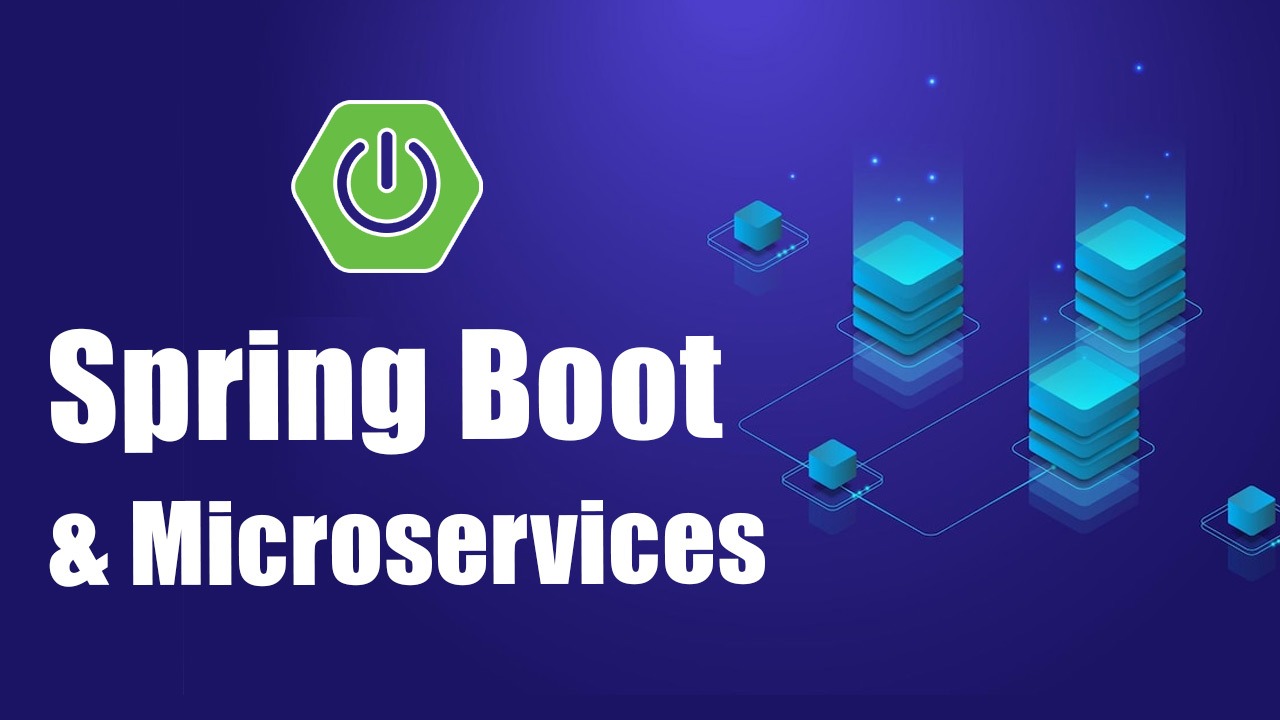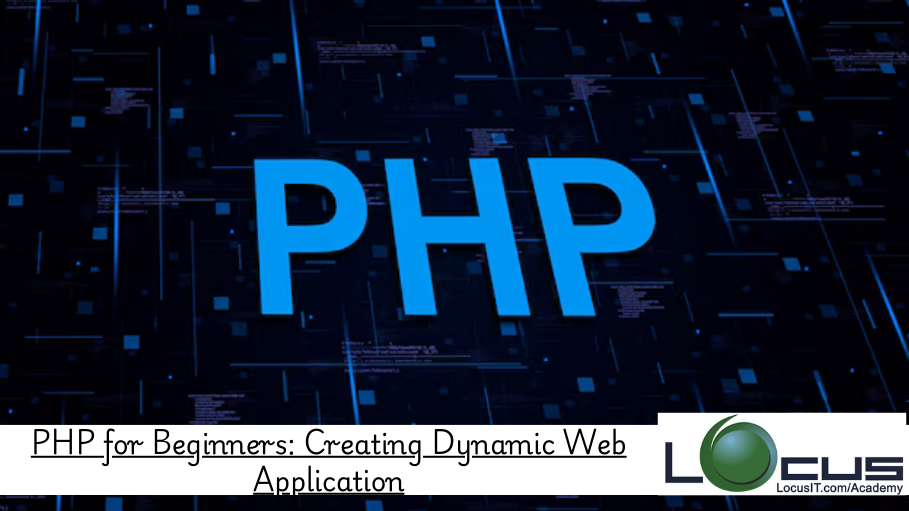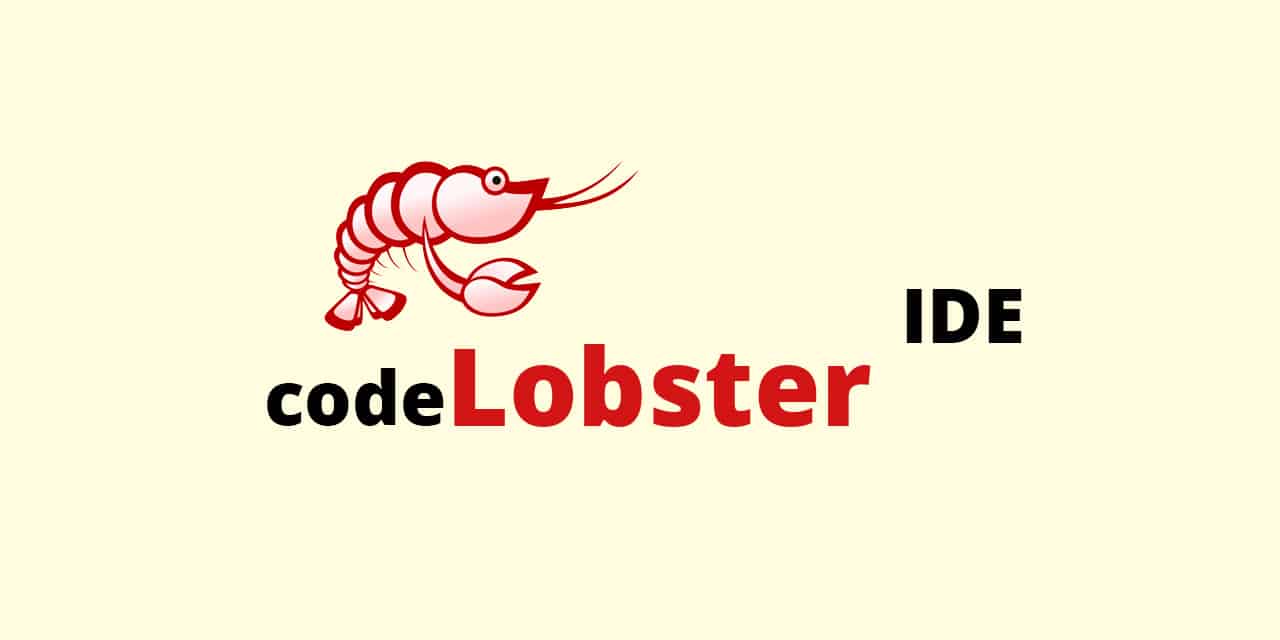Description
Spring Boot Microservices
Introduction
Welcome to the Spring Boot Microservices training program! This course is designed to provide you with a comprehensive understanding of developing and managing microservices using the Spring Boot framework. You will learn how to build scalable, resilient, and maintainable microservices-based applications while applying best practices in distributed system design, deployment, and monitoring.
Objectives:
By the end of this training, participants will be able to:
- Understand the fundamentals of microservices architecture.
- Develop microservices using Spring Boot.
- Implement RESTful APIs and communicate between microservices.
- Handle security, configuration management, and service discovery.
- Deploy and monitor Spring Boot microservices in production environments.
- Implement resilience and fault tolerance in microservices.
Target Audience:
- Java developers looking to transition from monolithic to microservices architecture.
- System architects aiming to design scalable, distributed systems.
- DevOps engineers who want to understand microservices from a development perspective.
Prerequisites:
To get the most out of this training, participants should have:
- Basic knowledge of Java programming: Familiarity with Java SE is necessary.
- Experience with Spring Framework: Basic understanding of Spring Core (IoC, DI) and Spring MVC.
- Familiarity with RESTful services: Knowledge of creating and consuming REST APIs.
- Understanding of Maven/Gradle: Experience in project building and dependency management.
- Basic understanding of Docker and containers (for advanced sessions).
Table of Contents by Session
Session 1: Introduction to Microservices and Spring Boot
- Introduction to Microservices
- Benefits of Microservices Architecture
- Challenges of Microservices Architecture
- Overview of Spring Boot
- Setting up Spring Boot for Microservices
- Creating a Simple Spring Boot Application
Session 2: Building RESTful Microservices with Spring Boot
- RESTful Web Services and Microservices
- Building RESTful APIs with Spring Boot
- Integrating HTTP Methods (GET, POST, PUT, DELETE)
- Data Handling with Spring Data JPA
- Exception Handling and Validation in Microservices
- HATEOAS and Hypermedia as the Engine of Application State
Session 3: Communication Between Microservices
- Synchronous Communication with REST
- Introduction to Feign Clients
- Service-to-Service Communication with Feign
- Asynchronous Communication with Messaging (RabbitMQ/Kafka)
- Handling Distributed Transactions
Session 4: Service Discovery and Load Balancing
- Introduction to Service Discovery
- Setting up Eureka Server and Client
- Client-Side Load Balancing with Ribbon
- Overview of Spring Cloud Load Balancer
- Using Spring Cloud OpenFeign for Declarative REST Clients
Session 5: API Gateway and Centralized Configuration
- Introduction to API Gateways
- Setting up Spring Cloud Gateway
- Route Configuration and Filters
- Implementing a Centralized Configuration with Spring Cloud Config
- Dynamic Configuration Updates
Session 6: Security in Microservices
- Introduction to Microservices Security Challenges
- Securing APIs with Spring Security and OAuth2
- Authentication and Authorization
- Implementing Single Sign-On (SSO) with Spring Security OAuth2
- JWT Token-Based Authentication
Session 7: Resilience and Fault Tolerance
- Introduction to Resilience and Fault Tolerance in Microservices
- Implementing Circuit Breakers with Resilience4j
- Timeout and Retry Mechanisms
- Bulkhead Patterns
- Distributed Logging and Monitoring
Session 8: Testing Microservices
- Introduction to Testing in Microservices
- Unit Testing with JUnit and Mockito
- Integration Testing for Microservices
- End-to-End Testing Strategies
- Contract Testing with Spring Cloud Contract
Session 9: Dockerizing and Deploying Spring Boot Microservices
- Introduction to Containerization and Docker
- Dockerizing Spring Boot Microservices
- Introduction to Kubernetes for Orchestrating Containers
- Deploying Microservices on Kubernetes
- Scaling Microservices in Kubernetes
Session 10: Monitoring and Observability
- Introduction to Observability in Microservices
- Monitoring with Spring Boot Actuator
- Distributed Tracing with Sleuth and Zipkin
- Centralized Logging with ELK Stack (Elasticsearch, Logstash, Kibana)
- Prometheus and Grafana for Metrics and Alerting
Session 11: Event-Driven Microservices
- Introduction to Event-Driven Architecture
- Implementing Event-Driven Communication with Kafka
- CQRS (Command Query Responsibility Segregation) and Event Sourcing
- Handling Eventual Consistency in Microservices
Session 12: Advanced Topics and Best Practices
- Best Practices for Microservices Architecture
- Versioning and Backward Compatibility in Microservices
- Handling Data Consistency across Microservices
- Dealing with Legacy Systems in Microservices
- Case Studies and Real-World Examples







Reviews
There are no reviews yet.